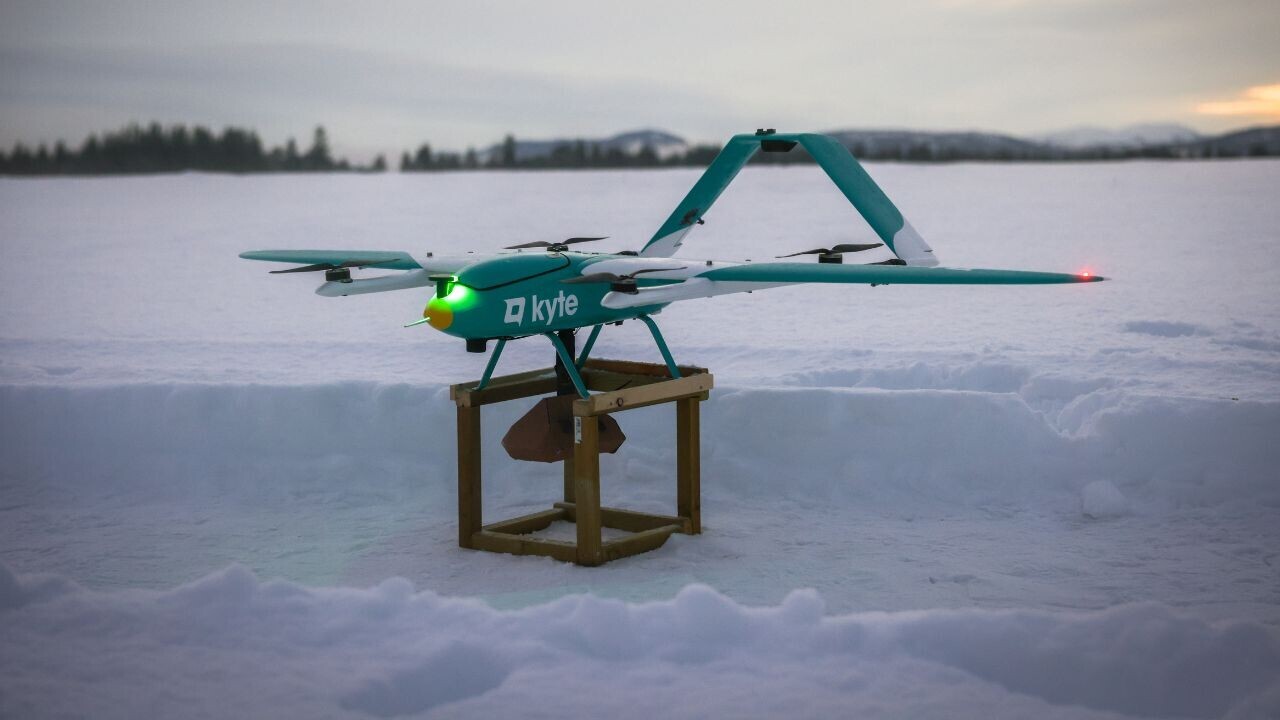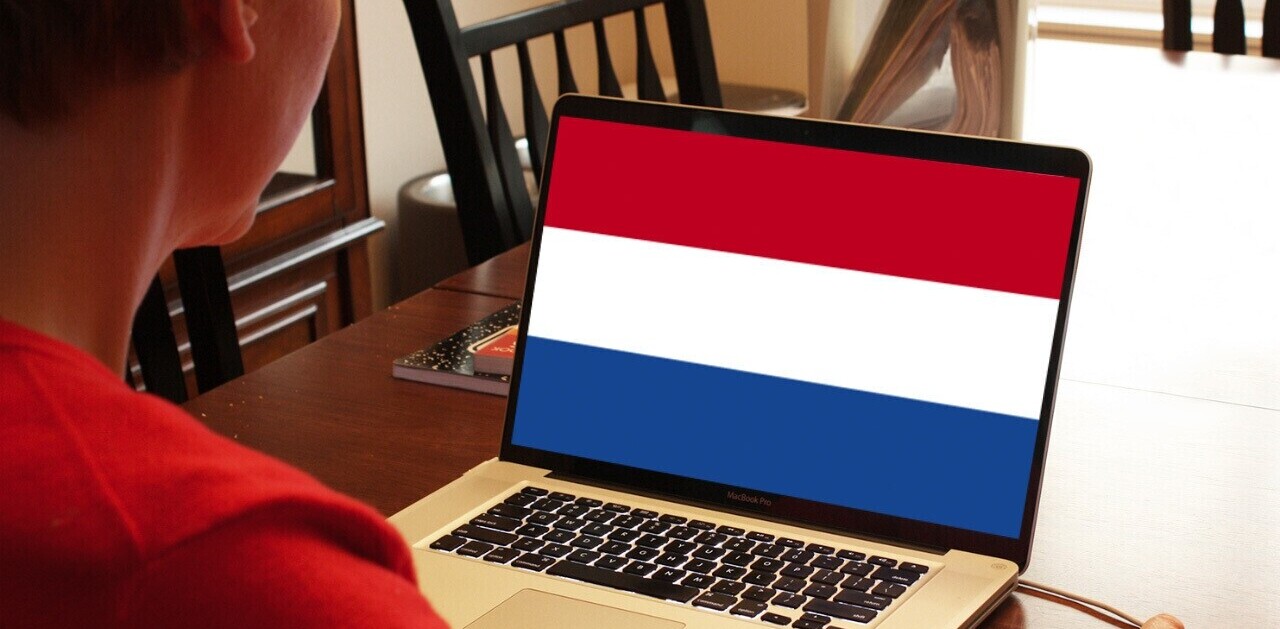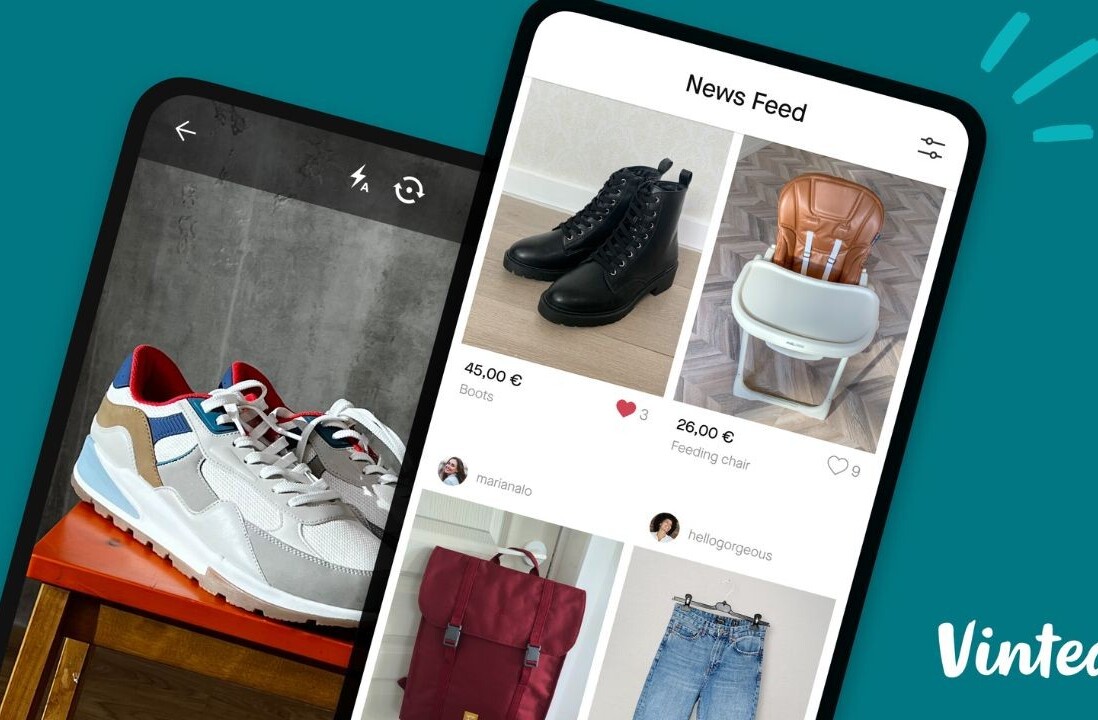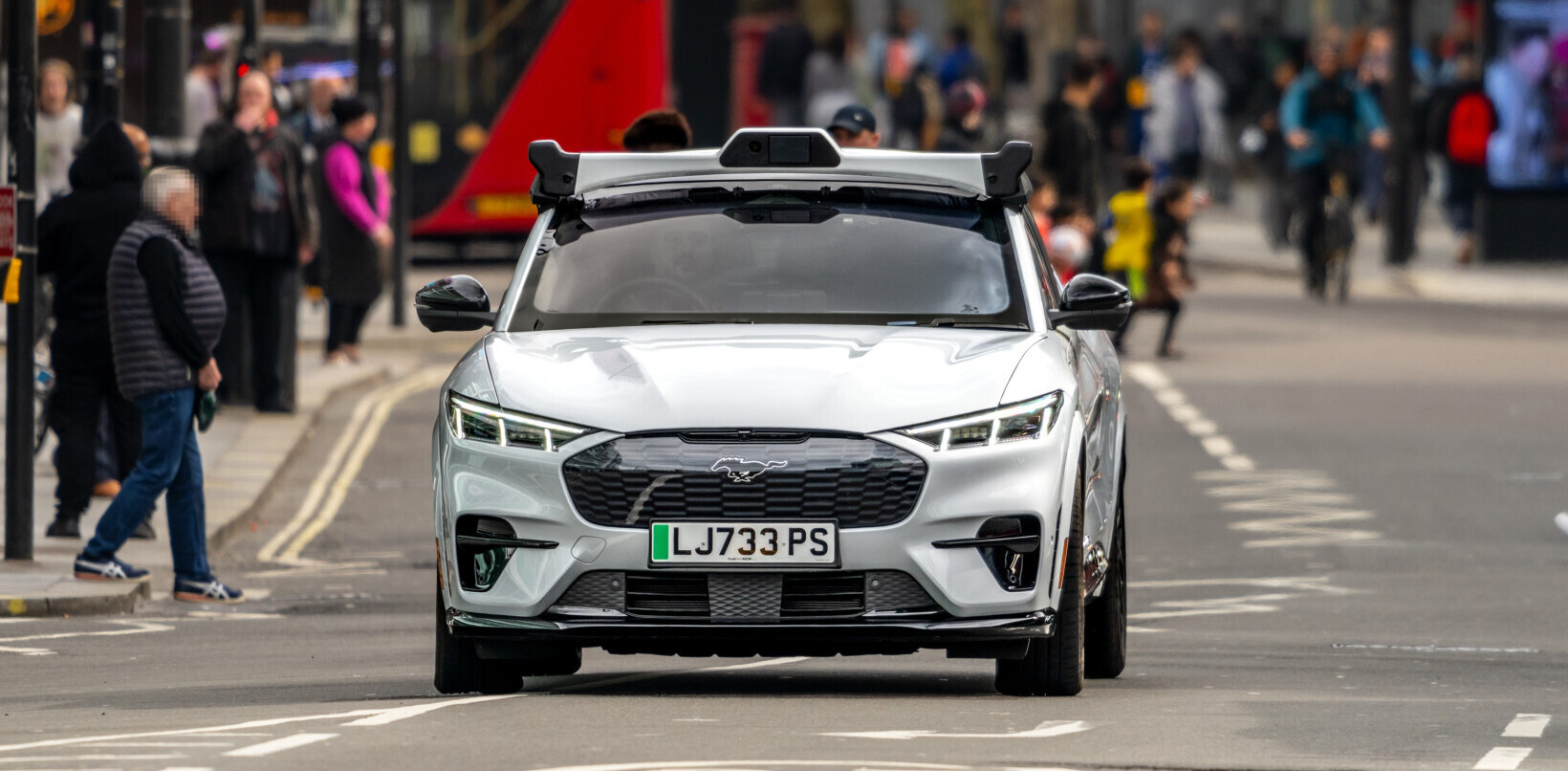
Following successful consumer trials in Trondheim, Aviant is launching the world’s longest-distance home delivery service by autonomous drones in Lillehammer, Norway.
Starting today, residents of the town will be able to receive deliveries of groceries, medicines, and meals from restaurants directly to their doorstep, using the startup’s Kyte drone service.
Aviant’s drones will be able to deliver goods faster and more sustainably, while reaching remote and inaccessible areas where traditional methods of delivery might be unavailable or infrequent. They will cover a radius of 17km over Lillehammer — making it the largest area in Europe (and the globe) to have such a service.
“We are living in a world where people want things fast, at a competitive price, and using sustainable methods,” Lars Erik Fagernæs, Aviant’s co-founder and CEO, told TNW. He emphasised, however, that this hadn’t been possible for people living in hard-to-reach locations.
“Norway has challenging weather conditions, and those living in rural areas risk being deprived — due to distance or climate — of the essential items which urbanites take for granted,” Fagernæs noted, adding that the startup’s drones aim to bridge the accessibility gap both in the country and across the world.
Meet Kyte
Kyte has a wingspan of 2.5 metres and weighs 16kg. It comes with a range of 30km for each way and flies at a 100km speed. It can carry a payload of up to 2kg.

The drone has been designed for extreme weather conditions (owing to Norway’s harsh climate) and can operate in sub-zero temperatures and high winds (up to 12m/s). It’s also fully electric and, according to the startup, with a payload of 1.5kg, Kyte emits 95% less CO2 than an EV and 99% less than a diesel car.
“Our design was the culmination of several factors, most notably the need to operate in extreme weather conditions, manoeuvre with agility, fly further distances, all while offering the aerodynamics to fly at high speeds,” Fagernæs said. For this reason, the drones are also equipped with a retractable winch, which automatically deploys the package upon arrival.
Following the trials in Trondheim, the team made some changes. One of them was adding a safety parachute. “We initially thought people didn’t mind walking 30-40 metres to pick up a delivery (as long as they got it), but we were very wrong,” Fagernæs explained.
“However, in order to reduce the walk and deliver closer to customer’s doors, we needed to incorporate additional precautions to minimise the risk of injury or damage to property.”
Consumers can choose from a range of products on the Kyte app and specify the drop-off point. They can track the flight online and receive their package within a one-metre accuracy in 24 minutes.
From medical supplies to home delivery
Aviant was co-founded by MIT-students Lars Erik Fagernæs, Herman Øie Kolden, and Bernhard Paus Græsdal in 2020, when the trio saw the potential of autonomous flight during the pandemic.
The startup initially focused on delivering medical supplies to hospitals and transporting COVID tests and blood. It quickly expanded to milk as well as water samples. In 2023, Aviant began consumer trials with meal and grocery delivery in Trondheim.
“After the pandemic, we started to look at other products that we could deliver. Kyte is the result of that exploration, and gives customers the opportunity to select from a wide range of goods,” explained Fagernæs.

The startup has received €1mn in public funding from Innovation Norway, raising a $2.3 (€2.13) seed round in 2022,led by Luminar Ventures and backed by Bring Ventures and GoFounder.
Get the TNW newsletter
Get the most important tech news in your inbox each week.




